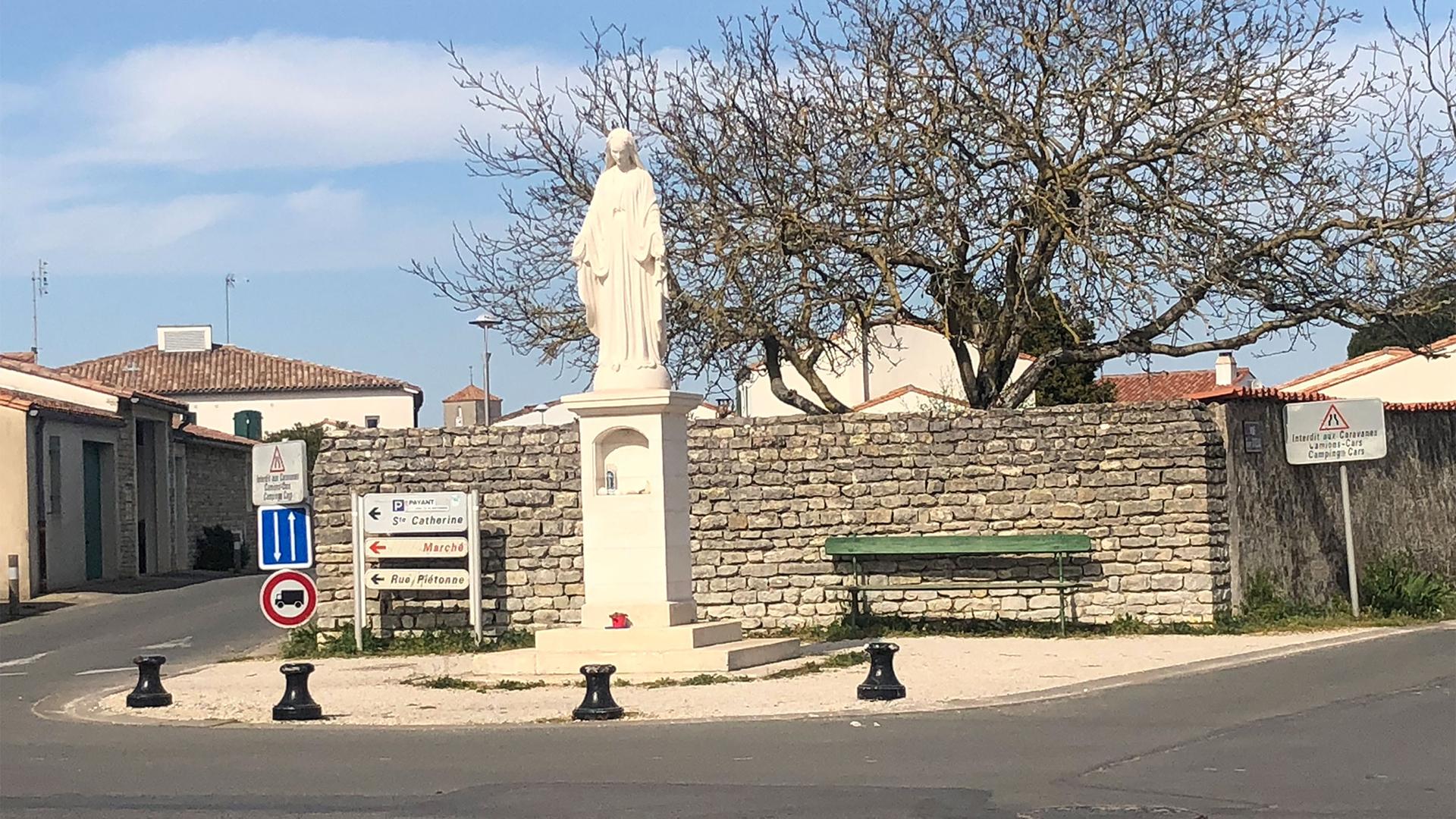Does France’s strict form of secularism violate religious freedoms?
It’s hardly a novel question these days. For years, people have been questioning the concept of laicité — France’s strict form of secularism — and how it plays into religious freedom.
In recent years, French President Emmanuel Macron has tightened the government’s grip on laicité, causing people of all faiths to accuse his administration of sometimes going too far.
That’s especially true for French Muslims.
Last summer, French lawmakers adopted a highly controversial “anti-separatism” bill.
For Macron, who spearheaded the bill, the legislation is designed to stop “Islamist separatism,” by reinforcing French secularist principles.
But for many Muslims, the law — which contains 51 articles aimed at curbing radicalization — targets their ability to practice their religion freely.

In this special hour of The World, Paris-based reporter Rebecca Rosman takes a trip across France where she speaks to Catholics, Jews, Muslims and atheists about their right to believe, or not to believe, in France today.
There’s the story of one town’s battle to keep a statue of the Virgin Mary standing in a public square.
One man’s plan to create a “French Islam” and the backlash behind it.
The French Jews who say they don’t feel safe practicing their religion at home.
The guiding principles behind the right to commit blasphemy.
And much more.
Our coverage reaches millions each week, but only a small fraction of listeners contribute to sustain our program. We still need 224 more people to donate $100 or $10/monthly to unlock our $67,000 match. Will you help us get there today?
